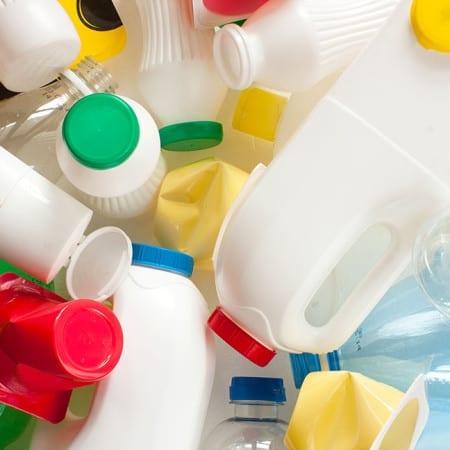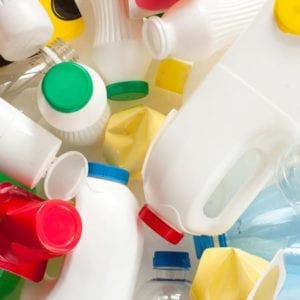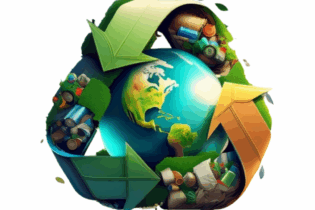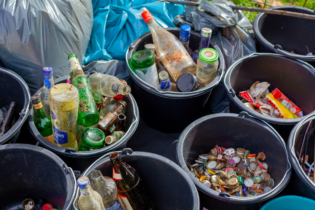
R1.7 billion was contributed towards the country’s gross domestic product (GDP) last year from the recycling of 177,000 tonnes of polyolefin plastics. This was announced by Polyco’s chairman Jeremy Mackintosh at the company’s recent Annual General Meeting (AGM).
While these recycling efforts created more than 14,000 jobs, Mackintosh said 363,000 tonnes of polyolefin plastics, such as milk and detergent bottles, bread bags and assorted food containers, was not recycled last year. This means that the country is losing out on potential GDP growth and much needed employment opportunities.
Also announced at the AGM was the decision of the non-profit company (NPC), a company focused on making waste a valuable resource that works for the economy, to rebrand itself to Polyco+.
The company said this was in an effort to create a “movement designed to change mindsets and behaviours around recycling”.
Mackintosh said that while the polyolefin packaging market grew by 3.3% in 2016, recycling volumes remained the same as the previous year.
The South African Plastics Recycling Organisation’s general manager Annabe Pretorius said: “The demand for recyclate (raw recyclable material) is still at an all-time low, which has been the case for more than 14 months.
“This low demand can be attributed to the general economic slump, which has specifically affected commodity market applications for recyclate,” she said.
Polyco CEO Mandy Naudé said that “We, as South Africans, are facing a national crisis, with a recent Council for Scientific and Industrial Research (CSIR) study noting that only 5% of our population recycles.
“Over and above slowing economic development and withholding employment opportunities from thousands, the consequences of this lack of responsibility when it comes to our waste has resulted in unsightly and harmful plastics filling our natural environment – both marine and land-based,” she added.
Polyco+
“Polyco+ has been launched to broaden the company’s capacity in addressing these problems,” Naudé said.
“Polyco+ is an engagement platform that collaboratively finds solutions to the national crisis that affects us all,” she added. “Through it, we will continue to work with municipalities and industry sectors, supporting their operations and taking the necessary action to recover from the challenging economic conditions of the past year.
“We will also be joining forces with likeminded industry partners such as packaging converters, brand owners, retailers, collectors and recyclers to implement sustainable, long-term solutions with the ultimate aim of improving the management of polyolefin waste,” she added. “In addition, we will be engaging with consumers to shift their perception of recycling because, unless we secure their support, we will not win the battle to clean up our environment.”
She said the platform also aligns with the NPC’s role in implementing the polyolefin Industry Waste Management Plan (IWMP) that will provide polyolefin waste solutions to both metro and rural areas while also bolstering enterprise development, job creation and transformation opportunities within the sector.
Polyco+ said it aims to “create a society where litter is minimised and the value of waste is maximised through recycling”. The company plans to achieve this strategy using three key pillars: celebration, collaboration and activation.
Naudé said the celebration component will be about developing and recognising innovation and potential successes in the sector.
The collaboration component will work alongside various industries and partners to create a unified voice and take action to tackle the problem of plastic waste recycling. And activation will see the implementation of the project’s funding model, education and awareness campaign.
“We believe that through Polyco+, we can make our vision of a cleaner and more sustainable South Africa by 2030 a reality for all,” Naudé said.









